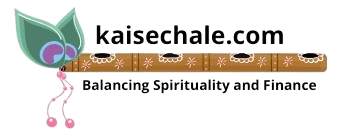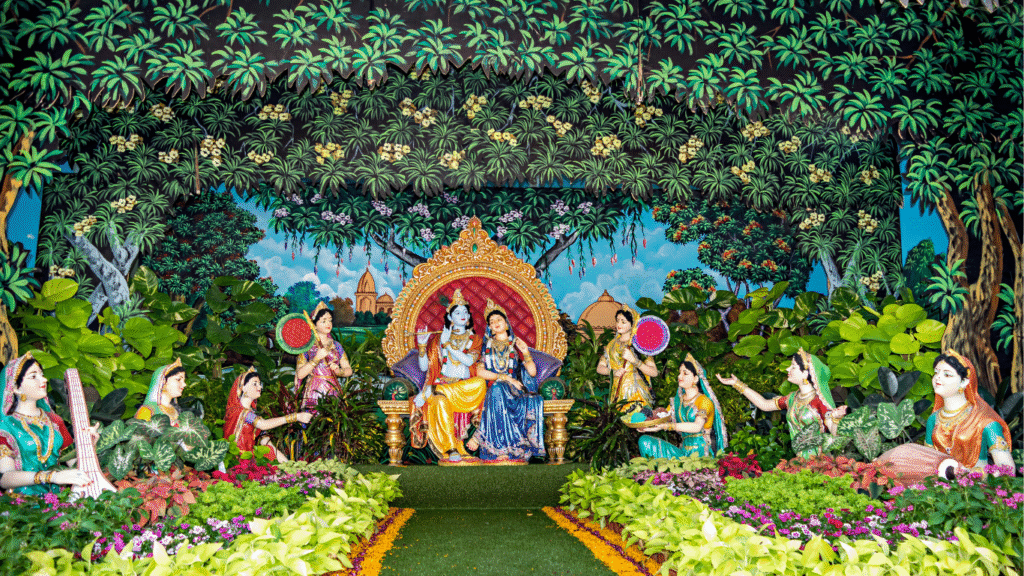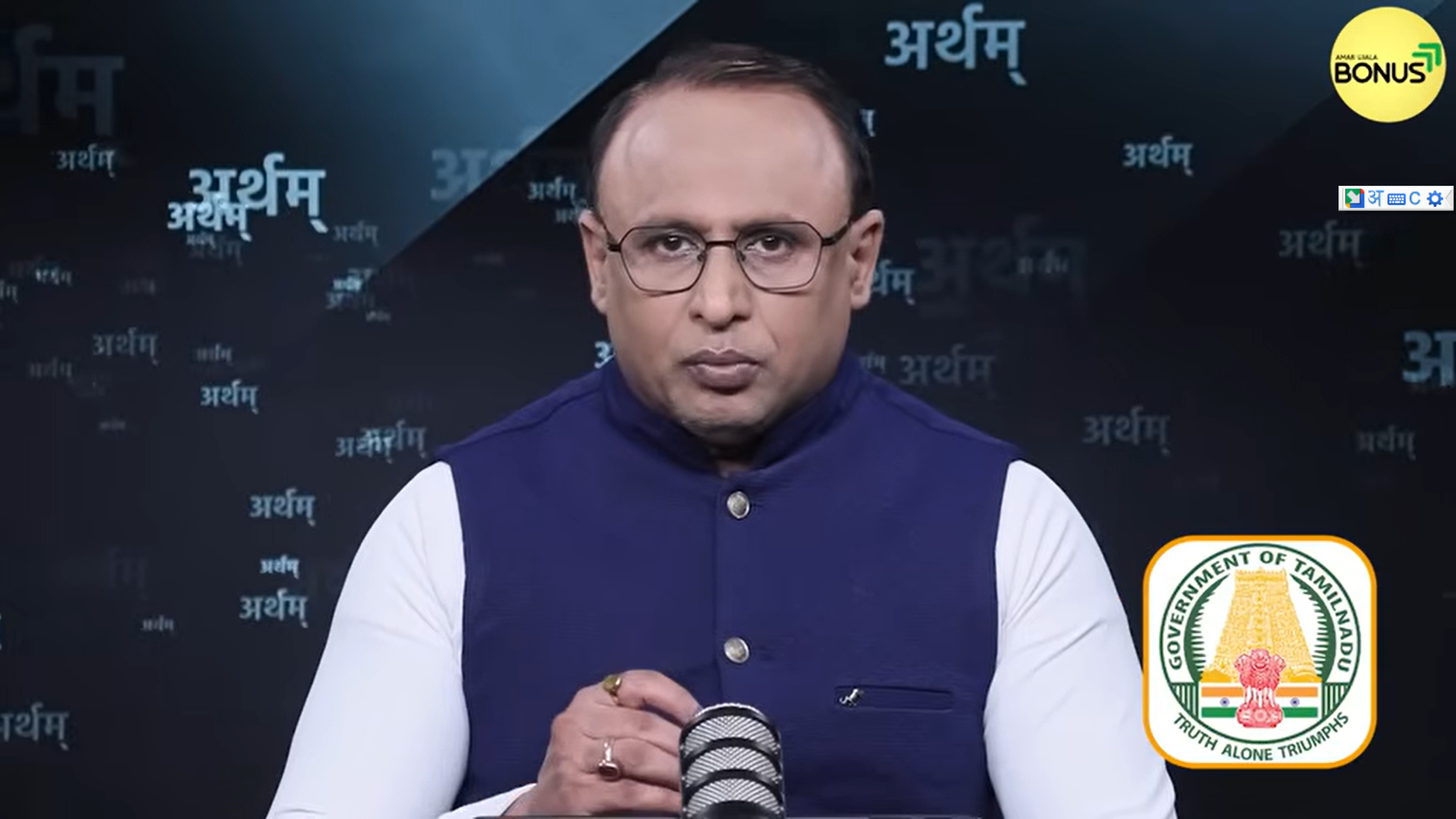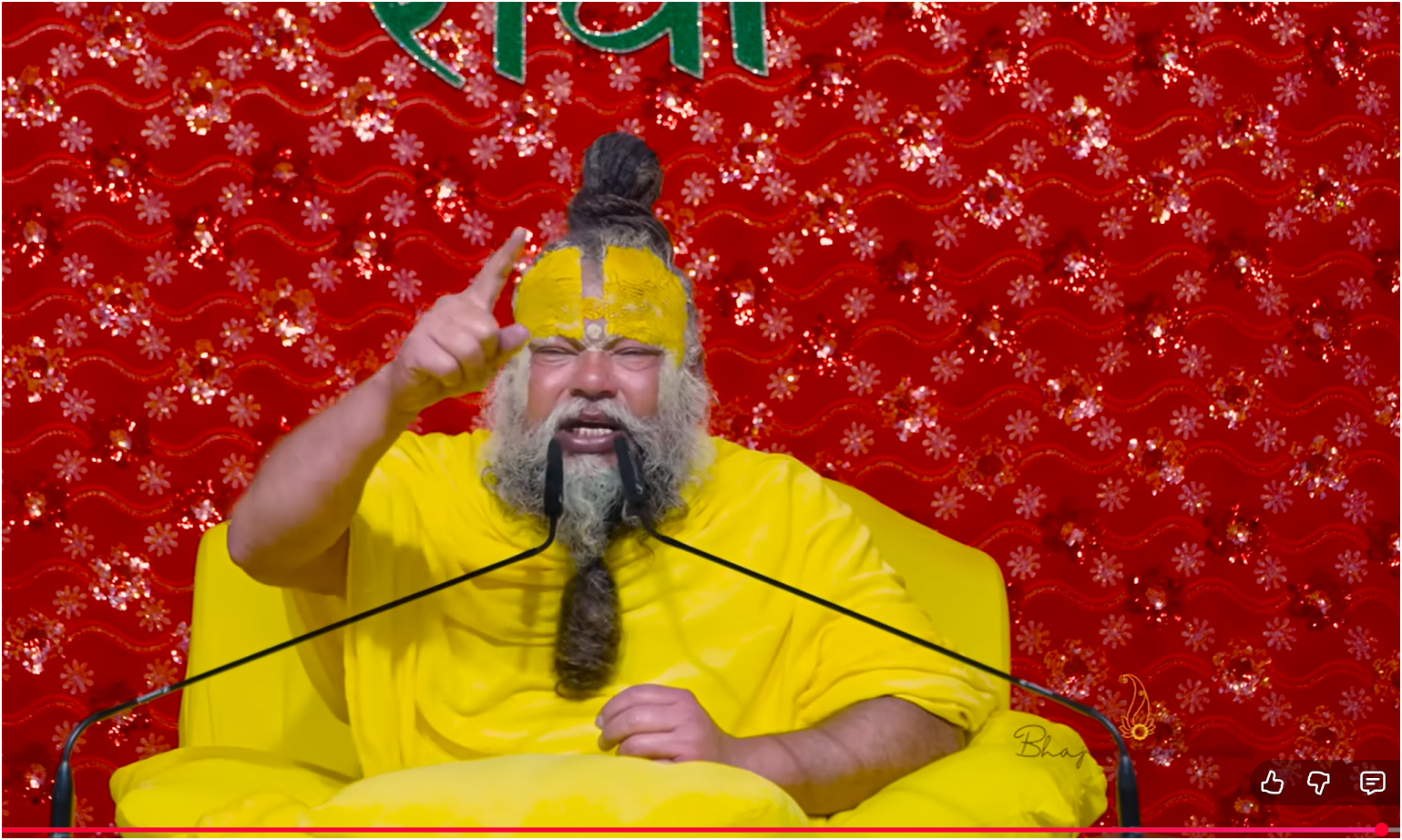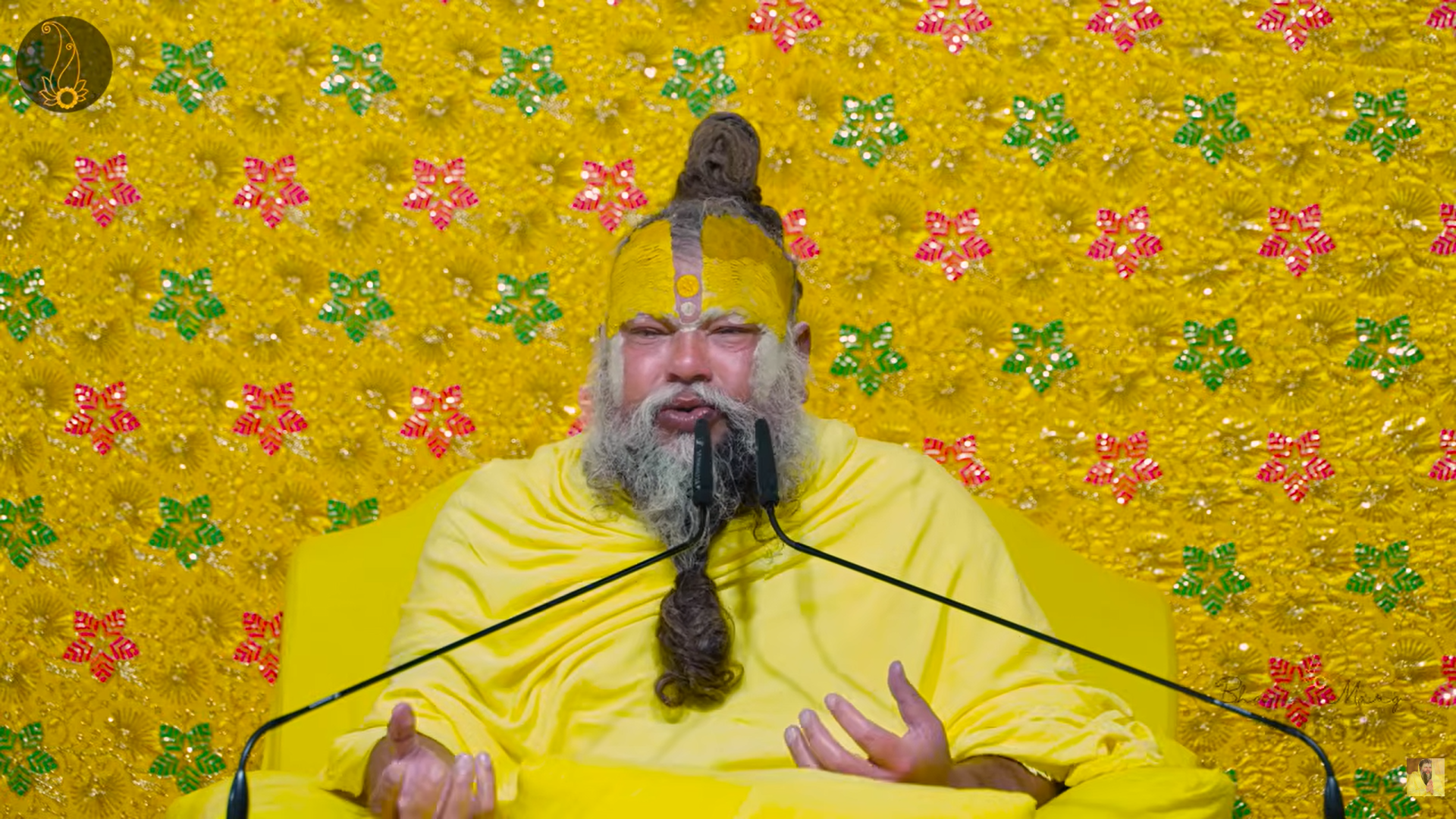
हिंदी आर्टिकल
प्रस्तावना
भारतीय संस्कृति में दूध सिर्फ एक पोषक तत्व नहीं, बल्कि आस्था, परंपरा और धार्मिकता का प्रतीक है। प्राचीन काल से ही दूध को सात्विक और शुद्ध आहार माना गया है, विशेषकर गाय के दूध को। भारत की पूजा-पद्धतियों, परिवार की परंपराओं और त्योहारों में दूध का स्थान सर्वोच्च है। भारत में दूध का उत्पादन और उपभोग, न सिर्फ आर्थिक बल्कि सांस्कृतिक दृष्टि से भी अनूठा है। लेकिन हाल ही में एक विवाद ने इस पारंपरिक धारणा को चुनौती दी है — ‘नॉन वेज दूध’। यह शब्द कई लोगों को विचलित और हैरान करता है। इस लेख में हम विस्तार से समझेंगे कि यह विवाद क्या है, क्यों भारत और अमेरिका के बीच इसे लेकर व्यापारिक टकराव है, और भारतीय समाज, आस्था, बाजार व नीति निर्धारण पर इसका असर क्या पड़ रहा है।
दूध: भारतीय संस्कृति में महत्व
भारत में गाय को माता का दर्जा प्राप्त है। गाय के दूध को औषधीय, धार्मिक और गुणकारी माना जाता है।
-
हर पूजा-अर्चना, गृह-प्रवेश, अभिषेक आदि में गाय का दूध, दही, घी अनिवार्य तत्व हैं।
-
पंचामृत, जो पांच शुद्ध सामग्रियों से बनता है, उसमें दूध और दूध से बने उत्पाद आवश्यक माने जाते हैं।
-
विधि विधान, यज्ञ, बाल लालन-पालन, जन्म और मृत्यु तक हर जीवन चरण में दूध से जुड़े अनुष्ठान अनिवार्य हैं।
-
भारतीय भूगोल में दूध उत्पादन का इतिहास वैदिक काल से मिलता है, जहां दुग्ध उत्पाद, ग्रामीण जीवन और आर्थिकी के मुख्य आधार बने।
अमेरिका-भारत दूध विवाद: ‘नॉन वेज’ मिल्क का मुद्दा
हाल के वर्षों में, भारत व अमेरिका के बीच एक नई व्यापारिक दीवार खड़ी हो गई — “नॉन वेज दूध”।
-
अमेरिका चाहता है कि भारत उसके डेयरी उत्पादों के लिए बाजार खोले।
-
भारत इसका विरोध कर रहा है क्योंकि अमेरिका में गायों को खिलाए जाने वाले जानवरों के मांस, रक्त, हड्डी आदि से बने फ़ीड (blood meal, meat meal) से प्राप्त दूध को भारत गैर-सात्विक और नॉन-वेज मानता है।
-
भारतीय प्रमाणपत्रों की शर्त है कि ऐसी गाय/मवेशी जिन्होंने कभी मांस-रक्त आधारित फ़ीड न खाया हो, उन्हीं का दूध व उत्पाद भारत आयात करेगा।
-
अमेरिका इसे गैर-आर्थिक व अनावश्यक बाधा यानी trade barrier बता रहा है, जबकि भारत के लिए यह आस्था, संस्कृति और नैतिकता का प्रश्न है।
ब्लड मील क्या है?
-
ब्लड मील यानि slaughterhouses में जानवरों के रक्त, मांस, हड्डियों को सुखा कर बनाए गए पाउडर को गायों और मवेशियों के फ़ीड में मिलाया जाता है।
-
अमेरिका, यूरोप और अन्य देशों में इसे गायों को प्रोटीन, वज़न और अधिक दूध उत्पादन के लिए खिलाया जाता है।
-
भारतीय मान्यता में इससे पैदा हुआ दूध ‘शुद्ध’ और शाकाहारी नहीं, ‘नॉन-वेज’ हो जाता है।
भारतीय समाज में प्रतिक्रिया
-
आम लोगों, किसानों, धार्मिक संस्थाओं, स्वास्थ्य व नीति विशेषज्ञों में गहन असंतोष।
-
हिंदू धर्म, जैन समाज, पारसी, सिख जैसे समुदायों की धार्मिक परंपराओं में गाय का दूध परम पवित्र है और इसी धारणा के कारण “मांसाहारी गाय” का दूध भक्तों, धार्मिक अनुष्ठानों और निजी जीवन में स्वीकार्य नहीं।
-
RSS, स्वदेशी जागरण मंच, डेयरी संघ, धार्मिक संगठनों ने इस पर विरोध दर्ज कराया है।
आर्थिक पहलू: भारतीय डेयरी उद्योग की सुरक्षा
-
भारत में 80 मिलियन से अधिक परिवार प्रत्यक्ष या अप्रत्यक्ष रूप से दुग्ध क्षेत्र से जुड़े हैं।
-
भारत दुनिया का सबसे बड़ा दूध उत्पादक है (कुल वैश्विक उत्पादन का 25%)।
-
सस्ते व अधिक उत्पादन वाले अमेरिकी डेयरी उत्पाद भारत में आएं तो लाखों किसानों की आजीविका खतरे में पड़ सकती है, यह भी विरोध की प्रमुख वजह है।
-
2023-24 में भारत ने लगभग 24 करोड़ टन दूध का उत्पादन किया, 471 ग्राम प्रति व्यक्ति प्रति दिन उपलब्धता के साथ, जो विश्व औसत से कहीं अधिक है।
विज्ञान बनाम आस्था: अमेरिका की स्थिति
-
अमेरिकी विशेषज्ञ और लॉबी संस्थाएं (जैसे National Milk Producers Federation) कहते हैं कि ब्लड मील या मीट मील से बनने वाला दूध वैज्ञानिक दृष्टि से सुरक्षित है।
-
उनका दावा है कि पशु के पाचन में मांस/रक्त के तत्व दूध में नहीं पहुँचते, इसलिए जैविक या स्वास्थ्य संबंधी खतरा नहीं।
-
लेकिन भारत के लिए विवाद विज्ञान या स्वास्थ्य का नहीं, बल्कि धार्मिक विश्वास, सांस्कृतिक स्वीकृति का है।
WTO और वैश्विक व्यापार नियम
-
अमेरिका ने भारत पर WTO के नियमों के तहत गैर-वैज्ञानिक व्यापार अवरोध लगाने का आरोप लगाया है।
-
भारत की दलील है कि WTO के अनुच्छेद 20 (a) के तहत सार्वजनिक नैतिकता की रक्षा भारत का अधिकार है।
-
पूर्व में यूरोप ने भी पालतू पशुओं को मांस आधारित भोजन (mad cow disease, foot & mouth disease) के बाद सीमित किया।
भारतीय नियम और प्रमाण पत्र
-
भारत ने आयात हेतु अनिवार्य प्रमाण पत्र में स्पष्ट किया है कि दूध और उसके उत्पाद उन्हीं पशुओं से आएं, जिन्हें कभी मांस/रक्त/हड्डी आधारित भोजन नहीं मिला हो।
-
पशुपालन विभाग स्पष्ट चेतावनी देता है: कोई ‘बोवाइन’ उत्पाद अमेरिका, ऑस्ट्रेलिया, न्यूज़ीलैंड या अन्य देश से तब तक स्वीकृत नहीं होगा, जब तक उसका स्रोत Plant-based feed न हो।
धार्मिक और सांस्कृतिक तर्क
-
दूध हिंदू धर्म में शुद्धता, सात्विकता का प्रतीक है।
-
अभिषेक, पंचामृत, मंदिरों की पूजा, गृह-प्रवेश, हवन, संस्कार—हर स्थान पर गाय के दूध का प्रयोग।
-
ऐसे दूध में “मांसाहारी तत्व” का आना भारतीय अध्यात्म व आस्था के साथ बड़ा संकट है।
-
कितनी बड़ी संख्या में भारतीय परिवार ऐसे दूध को – न प्रसाद, न तर्पण, न शिक्षित, न शिशु आहार में स्वीकार करेंगे, यह सिर्फ नीति नहीं, आस्था की कहानी है।
वैश्विक असर, सामाजिक चर्चा
-
सोशल मीडिया, टीवी, न्यूज़ चैनल्स और अखबारों में ‘नॉन वेज दूध’ पर जबरदस्त बहस।
-
क्या दूध, मांसाहारी या शाकाहारी – यह सवाल खाद्य दर्शन, जानवरों के पालन, अतिवाद, आस्था व विज्ञान—सभी क्षेत्रों को छूता।
-
बच्चों, युवाओं, बुजुर्गों, महिलाओं—हर वर्ग में दूध पवित्रता का सवाल व्यक्ति की निजी जीवनशैली का अभिन्न हिस्सा।
संभावित समाधान
-
India-USA व्यापार समझौते में केवल शाकाहारी पशुओं से निकला दूध सीमा पार होगी।
-
वैश्विक स्तर पर भी डेयरी इंडस्ट्री में Animal-feed Labeling Transparency, शाकाहारी-अनुशासन का ट्रैकिंग सिस्टम और ग्राहक के पास अधिकार, कि वह स्वयं तय करे—यह आवश्यक।
-
भारतीय पॉलिसी निर्णायक, उद्योग, समाज-जागरूकता, वैज्ञानिक, स्वास्थ्य-विशेषज्ञ – सभी को मिलकर संतुलित विकल्प व कड़ा पालन चाहिए।
निष्कर्ष
‘नॉन वेज दूध’ विवाद भारतीय आस्था, आहार संस्कृति, व सामाजिक मूल्यों की वैश्विक व्यापार, लाभकारी नीति व विज्ञान के साथ जटिल टकराहट का प्रतीक है। भारतीयों के लिए दूध आस्था, घर, पूजा की शुद्धता का प्रतीक है। अमेरिका के लिए डेयरी उत्पादन व्यापार, क्षमता और आर्थिक लाभ का साधन। दो देशों की इस विचारधारा की दीवार को पार करना आसान नहीं। भारत का विवेक, सांस्कृतिक भावना और अपनी आजीविका की सुरक्षा हर नीतिगत निर्णय में प्राथमिक रहेगी। यह कहानी सिर्फ दूध की नहीं, बल्कि भारत की संस्कृति और पहचान की है।
English Article (3000 Words)
Introduction
In Indian civilization, milk is not merely a dietary staple—it is a symbol of sanctity, tradition, and identity. Cow’s milk, in particular, has been accorded a sacred status, interwoven into daily rituals, religious ceremonies, and family traditions. In recent years, a major controversy has emerged that challenges these age-old cultural assumptions—the debate over ‘non-veg milk.’ This article delves deep into the complexities of this issue, analyzes the standoff between India and the US, and examines the impact on society, trade, policy, and core values.
Historical and Cultural Significance of Milk in India
-
Cows are revered as ‘mother’ in Indian ethos; cow’s milk is considered the epitome of purity and health.
-
Every Hindu religious ritual, whether pooja, initiation, housewarming, or temple worship, mandatorily involves milk, curd, ghee, or other dairy products.
-
Panchamrit, a sacred offering, includes milk as its prime ingredient.
-
The journey from infancy to old age, significant rituals like Annaprashan, and even death-rites are incomplete without milk.
-
Unlike the West, where milk tends to be seen as food, Indian tradition places it at the heart of faith and family.
The ‘Non-Veg Milk’ Controversy: A Trade Flashpoint
Recently, ‘non-veg milk’—a term startling to many Indians—has become central to trade friction between India and the US.
-
The US seeks market access for its dairy products in India.
-
India rejects this, arguing that milk from cows fed on animal byproducts such as meat meal, blood meal, and bone meal, is non-vegetarian by Indian standards.
-
The core demand: only dairy from cows never fed on non-vegetarian feed should be imported.
-
For India, this is a question not just of trade policy but of culture, faith, and communal ethos.
What is ‘Blood Meal’?
-
Blood meal is animal blood (typically from slaughterhouses) dried into powder, then incorporated into cattle feed for enhanced protein and milk production.
-
In the US and some developed nations, feeding cows blood meal, meat meal, poultry litter or other animal byproducts is standard, commercial practice.
-
For India, milk thus produced cannot be considered ‘vegetarian’ or pure within the cultural context.
Religious and Societal Objections in India
-
Widespread opposition from religious leaders, farmer organizations, and social groups.
-
For Hindus, Sikhs, Jains, and Parsis, cow’s milk forms the basis of religious rituals; its sanctity is paramount.
-
Using milk from cows fed on animal proteins disrupts not only dietary norms but also undermines the sacred symbolism embedded within Indian daily life.
-
Organizations like RSS, dairy cooperatives, and religious communities have publicly resisted any attempt to import such products.
India’s Dairy Economy: More Than Just Business
-
India is the world’s largest milk producer (contributing 25% of global output), with over 80 million households directly or indirectly reliant on dairying.
-
Indian dairy farming is mostly smallholder-based and rural, in stark contrast to the large-scale factory model of the US.
-
Opening up to cheaper, high-yield US dairy could devastate millions of rural livelihoods.
-
In 2023–24, India produced around 240 million tonnes of milk with a per capita daily availability of 471 grams (well above the global average).
Science, Religion & Policy: The US Standpoint
-
US lobbyists and experts argue that the origin of cattle feed doesn’t alter milk’s nutrition or safety.
-
Scientifically, digestion and metabolism are cited as ensuring no animal tissue passes into the milk.
-
For India, however, the issue transcends nutritional analysis—it is fundamentally a matter of religious trust and consumer right to choose ‘vegetarian’ milk.
International Trade Rules and WTO
-
The US claims India’s refusal is an unscientific, unnecessary trade barrier.
-
India cites the right to protect public morals and cultural identity under WTO’s Article 20(a).
-
Europe, post BSE and foot-in-mouth episodes, has also restricted certain animal-feeding practices.
-
The tension thus reflects broader global debates about the limits of trade liberalization versus cultural sovereignty and faith-based food ethics.
Indian Regulations and Certification
-
India has mandated that all dairy imports must be certified as derived from cows never fed any animal organs, blood meal, or byproduct.
-
The Department of Animal Husbandry and Dairying reiterates that bovine-based imports will not be allowed from countries where such feeding protocols aren’t documented as absent.
-
The certification must strictly state “plant-based feed only” for eligibility.
Roots of the Indian Demand
-
Religious symbolism: Milk is a symbol of sattva (purity), ritual cleanliness, and divine offering in Hindu tradition.
-
Trust deficit: The greatest concern is that commercial-scale imported milk, produced through non-traditional, non-vegetarian animal feed regimes, breaks both faith and the continuity of Indian custom.
-
Consumer awareness: A growing number of Indians are alert to the specifics of food origins, especially for ritual foods and infant nutrition.
The Sociopolitical Ripple Effect
-
The ‘non-veg milk’ debate has incited passionate discourse on social media, TV channels, and in public squares across India.
-
The controversy spotlights broader, sometimes inflexible, attitudes toward what constitutes vegetarianism.
-
For countless Indian households, which milk is poured into the cup is a question of conscience, not just budget.
Seeking Solutions & The Road Ahead
-
India has categorically drawn a red line: Only milk from purely vegetarian-fed cows will cross its borders.
-
Globally, the controversy has opened conversations on food labeling transparency, ethics in animal husbandry, and consumer rights.
-
Potential collaborative solutions could include:
-
A global certification standard for feed-source transparency.
-
More rigorous animal welfare checks and third-party feed source audits.
-
Consumer empowerment to choose products in line with their ethical and religious beliefs.
-
Conclusion
The ‘non-veg milk’ controversy is a microcosm of a broader conflict: the intersection of national faith, culture, commerce, rural economy, and globalization. For Indians, milk is not just food; it is a spiritual, cultural, and emotional pillar. For Americans, and others, efficiency and yield in dairy farming may matter more than cultural sensitivities. Bridging this chasm will require empathy, careful policy, and above all, respect for the profound meaning milk holds in the Indian heart.
Meta Description
Debate over ‘Non-Veg Milk’—Why India is resisting US dairy imports due to animal byproduct feeding in American cows. This controversy blends culture, economy, religion, and globalization in a modern trade standoff.
English URL Structure (for Social Media Friendly Preview)
non-veg-milk-india-us-dairy-trade-dispute-purity-culture-economy
English Tag Words (with #)
#NonVegMilk #DairyDispute #IndiaUSDairy #CulturalIdentity #ReligiousBeliefs #MilkPurity #TradeBarrier #FoodEthics #IndianFaith #DairyIndustry
